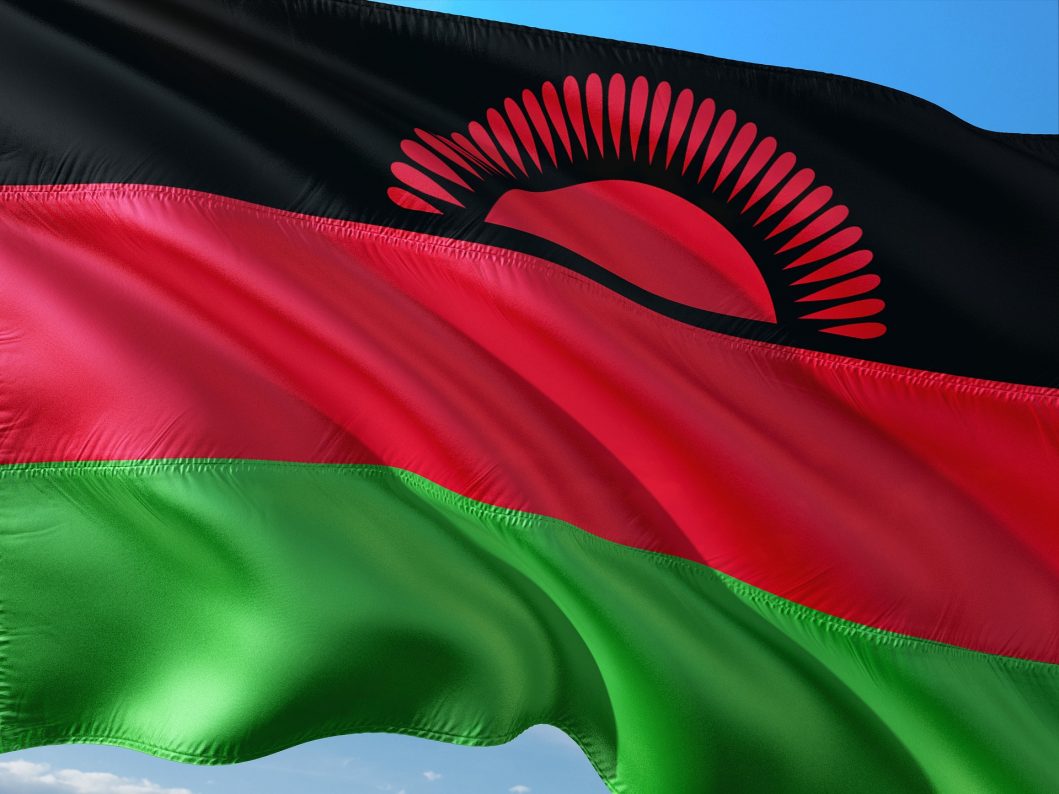On 1st May 2017, the International Authors Forum (IAF) along with our partners Public Lending Right International (PLRI), supported an event at the World Intellectual Property Organisation (WIPO) in Geneva, ‘Celebrating Malawi’s support for creativity through copyright infrastructure’.
WIPO Director General, Francis Gurry, gave the opening speech congratulating Malawi on implementing their new Copyright Act which includes Public Lending Right (PLR) for authors and other stakeholders.
His Excellency Mr. Robert Salama, Ambassador and Permanent Representative of Malawi to The United Nations in Geneva, then gave his speech celebrating Malawi’s support and ambitions for the creative sector, through their work on copyright infrastructure.
He noted that the copyright sector is important to Africa. For example, in Kenya, the copyright industries are twice the size of the agricultural sector at 5.3% of GDP. In Nigeria, Nollywood is the fastest-growing film industry in the world, releasing well over 1000 titles a year, many more than Hollywood in the USA. It is also one of the biggest employers in Nigeria, providing over one million jobs and has annual sales of $5bn. However, His Excellency noted that there was a downside in large revenue losses through piracy.
He said: In Malawi, we have a wonderful creative sector. Our ‘Lake of Stars’ festival is a significant revenue earner, not only through showcasing our music but also through its outreach plans this year to run events in London and Scotland. These events will act as platforms for increasing audiences and opportunities for Malawian talent and create promotional opportunities for Malawian tourism.
Most importantly, he noted that in Malawi there is a strong belief in the opportunity which the creative industries can deliver to citizens, not only for economic growth and employment, but also for the preservation of cultural heritage. Therefore the government of Malawi has been putting in place an infrastructure to support the economic value chain, and in particular, creators.
They believe that collective management is an important tool to ensure that creators receive a fair reward for the use of their works, so that they can continue to create year after year.
His Excellency reminded the guests that last year Malawi brought in their new Copyright Act which give visually impaired people access to books, and provides a Copyright fund to promote creativity. The Fund will be financed from various sources, for example, a levy on storage devices, the resale of artworks and the public lending of books by libraries.
His Excellency spoke further in support of Public Lending Right: PLR is an important means of ensuring that authors are rewarded for the borrowing of their work from libraries. It is self-evident that books borrowed from a library will diminish the sale of an author’s book so paying the author for the expertise and time in writing that book is both morally and economically essential. We want to encourage our authors to write their next book. It is not by accident that the European Community brought in a PLR Directive in 1992 and has continued to research and promote the benefits of PLR across its numerous Member States. The European Court of Justice asserted that PLR remuneration must “be capable of allowing authors to receive an adequate income. Its amount cannot therefore be purely symbolic.”


